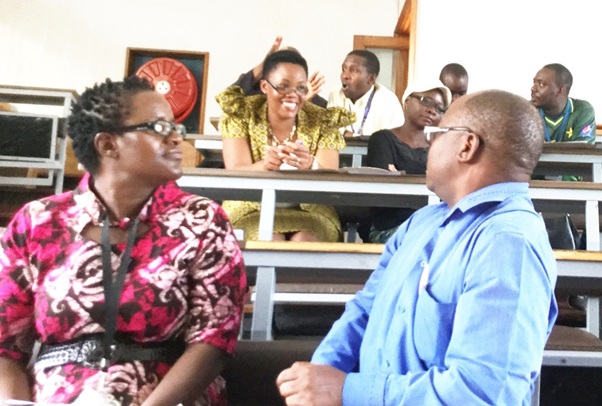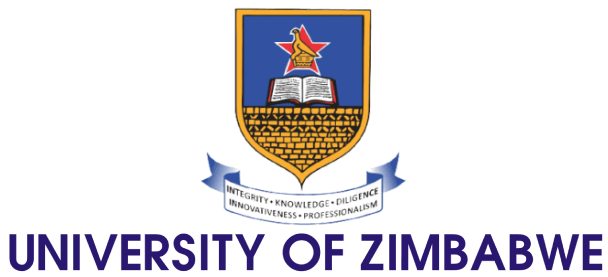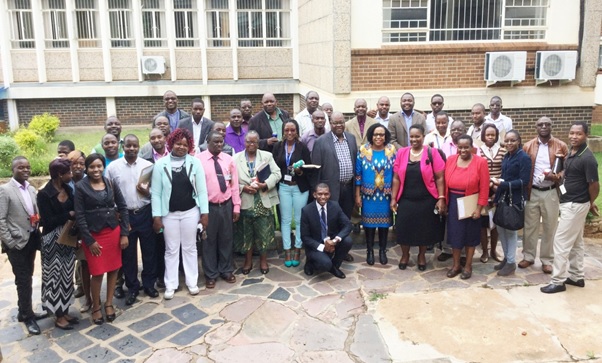
The role of ethics in building and maintaining an international academic brand of excellence can never be overestimated. Ethics are the software that set the tone of excellence, diligence and integrity in the research and professional life of academic staff. Consistent with this conviction, the University of Zimbabwe’s Faculty of Social Studies successfully held a Professional and Research Ethics Seminar on Friday the 17th of February 2017. The event was spearheaded by the Faculty’s Ethics Committee, and was attended by 60 Social Studies lecturers.
The Dean of the Faculty of Social Studies, Professor C. Manyeruke, extended a hearty welcome to all attendees. She pointed out that for a very long time, the Faculty of Social Studies had looked for an opportunity to deliberate on issues of quality, ethics and professionalism as a move to strengthen the faculty’s operations. She further emphasized on the need to prioritise both research and professional ethics within the Faculty, and the University at large.
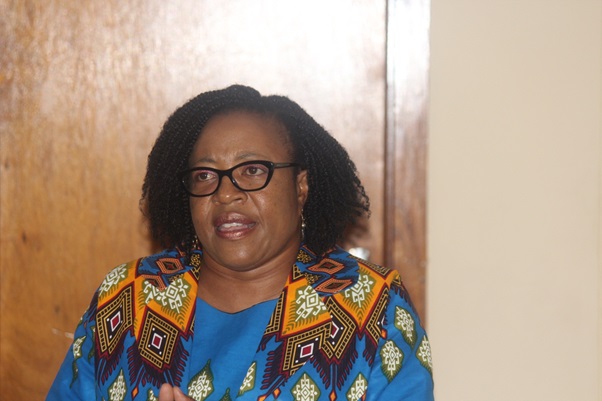
Key note presentations on research ethics and professional ethics were done by Dr S. Moyo and Professor C. Mararike from Population Studies and Sociology departments, respectively. Dr. Moyo’s presentation was anchored on the background of research ethics which she traced to ‘experimental’ atrocities that occurred during the first seven decades of the 20th Century. Among the ‘experiments’ highlighted by Dr Moyo were the 1946 Nazi atrocities, the use of the Thalidomide as a sedative in Europe and the United States of America in the late 1950s and the 1932 to 1972 Tuskegee Syphilis study. The above inhumane experiments culminated in the formulation of international legal statutes such as the 1946 Nuremberg Code, 1962 Food, Drug and Cosmetic Act, 1964 Helsinki Declaration and the 1974 National Research Act. At local level, Dr Moyo pointed out the dangerous experiments which were undertaken by Dr Richard Gladwell McGown, a British anaesthetist in the early 1990s, who undertook intervention studies, using new drugs and anaesthetics on 500 patients, without the approval of the National Drugs Authority, and without the knowledge of his patients. What emerged as common features from the background presented by Dr Moyo were the realization that the aforementioned inhumane studies were not only maleficent, but were conducted without the knowledge, consent and/or assent of the research participants.
Given the above background on research ethics, Dr S. Moyo articulated that social science research should be reviewed and conducted in such a way that it ensures the accomplishment of the key principles for research involving human subjects. These principles state that research should be reviewed and conducted in such a way that it ensures integrity, quality, transparency, accountability, honesty, competency and responsibility. Researchers should respect the autonomy, beneficence and justice for the research participants. She also emphasised the need for researchers to make sure that studies are non-maleficence, respect respondents as autonomous subjects (whose consent and or assent is of paramount importance) and up-hold privacy and confidentiality throughout the research process.
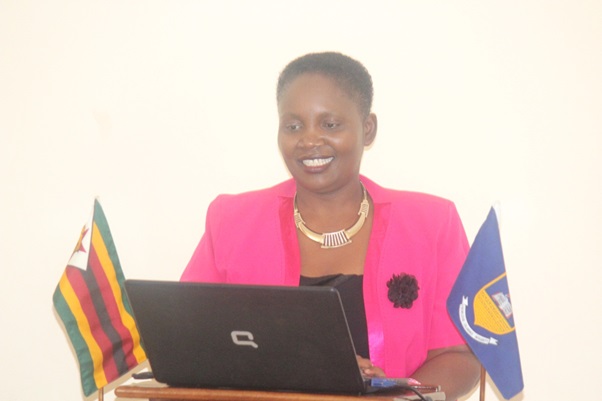
Professor C. Mararike shared a comprehensive tool kit for professional conduct. He emphasised the importance of readiness, preparedness, awareness, willingness, ability and capacity on the part of academic staff in carrying out professional duties. A highly insightful discussion focusing largely on the practicality of different research ethics preceded the presentation under the skilful moderation of the Dean of Faculty of Social Studies.
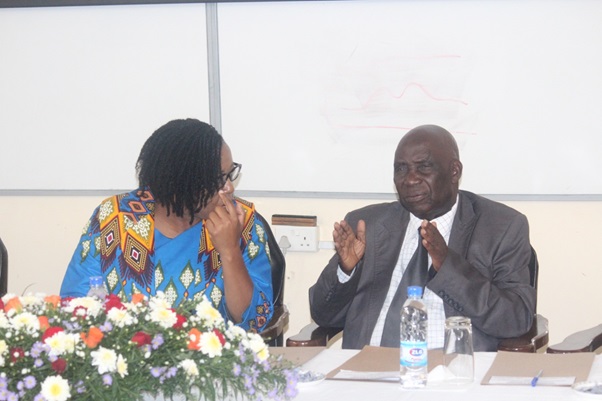
Basing on the skills raised during the discussion, attendees resolved that there is need for establishing a University Ethics Committee that monitors and regulates research exploits by staff and students. The proposed University Ethics Committee was supposed to establish ethics that govern use of social media by staff and students. The attendees also argued that the morality of offering incentives or tokens of appreciation to research participants is contextual. It was also agreed that researchers should be aware of the ethical dilemmas related to the occasional conflict between legal and moral standards and societal values.
In her closing remarks, the Dean of Faculty of Social Studies noted that the seminar was the first stepping stone towards the establishment of a fully staffed Ethics Committee that will be responsible for advancing “social sciences ethos”. She also announced the faculty’s plans to hold yet another seminar and further build the capacity of Social Studies lecturers to monitor and exercise ethical standards during research and execution of professional duties.
